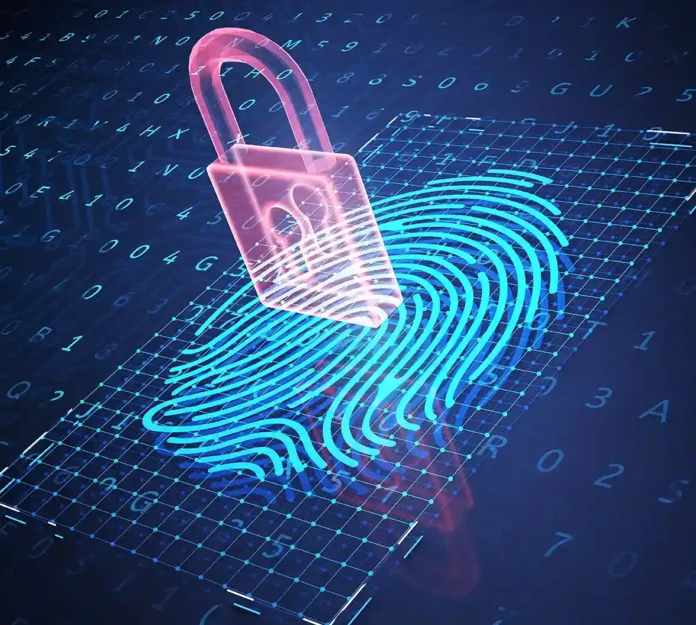Biometric authentication is quickly becoming a cornerstone of secure, seamless access in our digital world. While fingerprints and facial recognition have become standard for unlocking phones or accessing secure accounts, the technology is rapidly evolving. New forms of biometrics, such as iris scanning, voice recognition, and behavioral analysis, promise to enhance security and convenience even further. As these advancements gain traction, they raise exciting possibilities and critical questions about privacy and ethical use. For industries that handle sensitive transactions, such as crypto casinos, where secure user authentication is vital, platforms that help players compare top crypto casinos highlight the increasing demand for reliable and user-friendly security features.
The Next Wave of Biometric Technology
While fingerprints and facial recognition are familiar to most, they are only the beginning of what biometric authentication can achieve. Iris scanning, for example, offers unparalleled accuracy. By analyzing the unique patterns in the iris, this method is nearly impossible to replicate, making it an ideal choice for highly secure environments. Iris scanners are already being implemented in airports, government facilities, and even some consumer devices, showcasing their growing potential.
Voice recognition is another emerging technology gaining momentum. By analyzing voice patterns, tone, and even vocal inflections, this method offers a hands-free way to verify identity. This is especially useful in scenarios where traditional input methods, like typing or scanning, may not be practical.
Behavioral biometrics takes a more subtle approach by monitoring how individuals interact with devices. This includes tracking typing speed, swipe gestures, and even the way a person holds their phone. Unlike physical traits, behavioral biometrics adapt and evolve with the user, providing an additional layer of security that is difficult for hackers to mimic.
The Benefits of Advanced Biometric Authentication
Advanced biometric systems have the potential to revolutionize security across industries. One of the most significant advantages is enhanced convenience. These systems eliminate the need for passwords, which are often forgotten or compromised, creating a seamless user experience. With methods like iris scanning or voice recognition, authentication becomes faster and more intuitive.
Biometric authentication also offers superior security. Physical and behavioral traits are incredibly difficult to duplicate, making these systems far more robust than traditional methods. This is particularly crucial for industries that handle sensitive data or transactions, such as financial services, healthcare, and online platforms like crypto casinos, where secure access is a top priority.
Privacy Concerns and Ethical Challenges
While the benefits of biometric authentication are clear, the technology also raises valid privacy concerns. Collecting and storing sensitive biometric data, such as iris patterns or voice recordings, introduces risks. A data breach involving biometric information could have far-reaching consequences, as unlike passwords, biometrics cannot be changed or reset.
There is also the question of consent and data ownership. Who controls the biometric data, and how is it used? Regulations like the General Data Protection Regulation (GDPR) in Europe have introduced strict guidelines for handling personal data, but global standards are still evolving. Transparency and accountability will be critical in addressing these concerns and maintaining public trust.
The Role of AI in Biometric Advancements
Artificial intelligence is playing a pivotal role in advancing biometric technologies. AI algorithms are used to improve accuracy, adapt to changing user behavior, and detect potential fraud. For instance, AI can analyze subtle changes in a voice caused by aging or environmental factors, ensuring reliable authentication over time. However, the integration of AI also amplifies the need for ethical guidelines to prevent misuse and bias.
The Road Ahead for Biometrics
The future of biometric authentication lies in integration and innovation. Multi-modal biometrics, which combine two or more methods, are likely to become the gold standard for security. For example, a system that uses both facial recognition and voice authentication can offer stronger protection than either method alone. These advancements will enable even greater adoption in everyday applications, from accessing secure online platforms to verifying transactions.
As biometric systems become more sophisticated, the focus will shift toward balancing innovation with privacy. Governments, tech companies, and consumers must collaborate to ensure that these technologies are implemented responsibly.
Biometric authentication is set to redefine how we secure our digital lives. By embracing these advancements while addressing ethical concerns, we can unlock a future where security and convenience go hand in hand. Whether you’re securing access to sensitive data or exploring cutting-edge platforms like top crypto casinos, the evolution of biometrics is shaping a safer, smarter world.



































